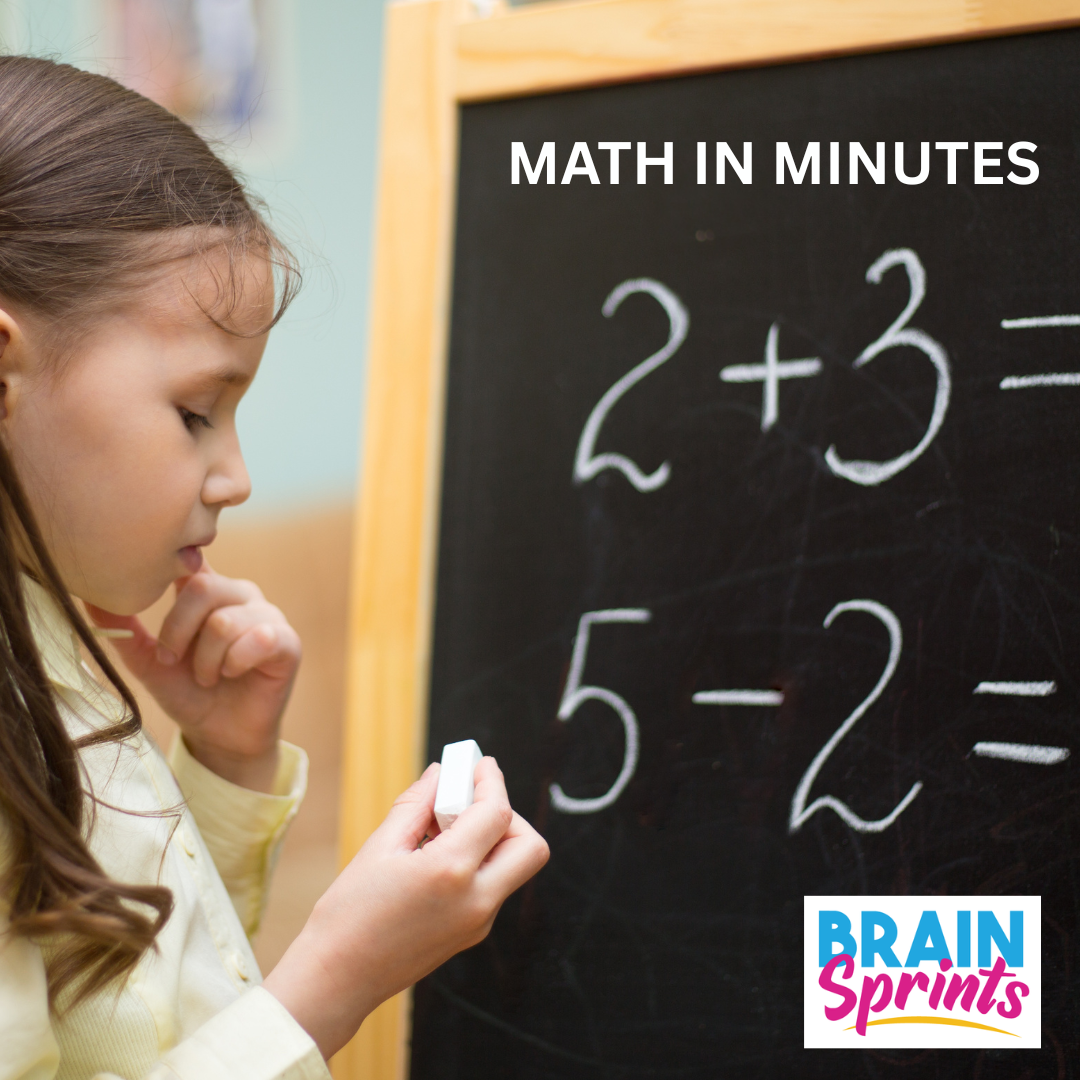Helping Your Child Become a Better Speller
The Hidden Foundations Parents Overlook

As parents, we often search for the “perfect spelling curriculum,” but here’s the truth: spelling isn’t just about memorizing word lists. Strong spelling skills develop naturally when certain foundational brain skills are in place. If those areas are weak, spelling becomes a daily struggle—no matter what curriculum you choose.
At Brain Sprints, we take a neurodevelopmental approach that helps children unlock their full potential.
Here are the three key skills your child needs for spelling success:
1. Strong Reading Skills
Spelling starts with exposure to words. The more your child sees words spelled correctly in books, the more those patterns are imprinted on their brain.
Children should ideally reach an upper elementary reading level before formal spelling instruction begins.
Reading gives the brain the “pictures” it needs to recall correct spelling later.
⚠️ Why some strong readers still struggle:
They may skim so quickly that they overlook details of words.
Sometimes, vision development issues (like weak central detail vision) prevent them from seeing each letter clearly, even if their eyesight tests “20/20.”
2. Visualization (Seeing in Pictures)
Have you ever written a word and thought, “That doesn’t look right”? That happens because you have a mental image of the correct spelling.
Children who don’t visualize often write phonetically without realizing the word is wrong. To build this skill:
Play strategy games like chess or checkers where kids imagine moves ahead.
Go on nature walks and encourage children to draw what they saw.
Practice short visualization exercises daily—just 10 minutes can make a big difference.
3. Visual Discrimination (Spotting Small Differences)
Spelling requires the ability to see tiny differences in words—like their vs. there. Kids who struggle with this often guess after just looking at the first couple of letters.
Ways to strengthen visual discrimination:
Play “spot the difference” activities in books or magazines.
Use structured games that require children to match very similar cards or words.
Encourage attention to detail in fun, playful ways.
We have ten levels of a Visual Discrimination Game.
Why Traditional Spelling Methods Fall Short
Many approaches—like writing words over and over, crossword puzzles, or phonics-only rules—don’t work for struggling spellers because:
Repeated mistakes reinforce wrong spellings.
Phonics can be confusing when rules are inconsistent.
Busywork doesn’t build the core brain skills needed for long-term success.
Instead, short, targeted practice with the right foundation makes spelling faster, easier, and lasting.
A Simple, Effective Tool: Spelling Flash
One of our favorite methods at Brain Sprints is Spelling Flash, a quick daily activity that imprints correct spelling visually. It only takes 5 minutes a day, avoids frustration, and builds confidence.
.
Final Encouragement for Parents
If your child struggles with spelling, don’t lose hope—it’s often a sign that some foundational brain skills need strengthening. With consistent, targeted practice in reading, visualization, and visual discrimination, spelling can shift from frustrating to natural.
At Brain Sprints, we believe every child can learn—and thrive—when given the right tools. 🌟










